The genomic context and corecruitment of SP1 affect ERRα coactivation by PGC-1α in muscle cells
Posted in Publications, publishedNo Comment
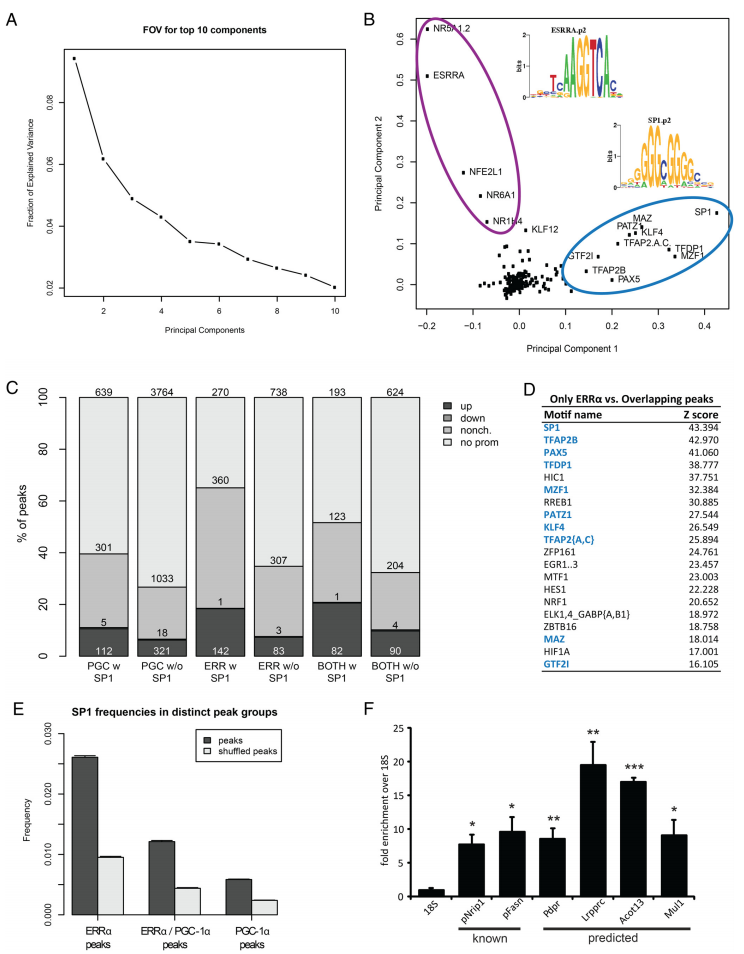
Silvia Salatino, Barbara Kupr, Mario Baresic, Erik van Nimwegen, Christoph Handschin
The Genomic Context and Corecruitment of SP1 Affect ERRα Coactivation by PGC-1α in Muscle Cells, Molecular Endocrinology 30:7;809-825,2016,
doi: https://doi.org/10.1210/me.2016-1036
Abstract
The peroxisome proliferator-activated receptor-γ coactivator 1α (PGC-1α) coordinates the transcriptional network response to promote an improved endurance capacity in skeletal muscle, eg, by coactivating the estrogen-related receptor-α (ERRα) in the regulation of oxidative substrate metabolism. Despite a close functional relationship, the interaction between these 2 proteins has not been studied on a genomic level. We now mapped the genome-wide binding of ERRα to DNA in a skeletal muscle cell line with elevated PGC-1α and linked the DNA recruitment to global PGC-1α target gene regulation. We found that, surprisingly, ERRα coactivation by PGC-1α is only observed in the minority of all PGC-1α recruitment sites. Nevertheless, a majority of PGC-1α target gene expression is dependent on ERRα. Intriguingly, the interaction between these 2 proteins is controlled by the genomic context of response elements, in particular the relative GC and CpG content, monomeric and dimeric repeat-binding site configuration for ERRα, and adjacent recruitment of the transcription factor specificity protein 1. These findings thus not only reveal a novel insight into the regulatory network underlying muscle cell plasticity but also strongly link the genomic context of DNA-response elements to control transcription factor-coregulator interactions.
Short URL: https://tinyurl.com/yxfxp79h

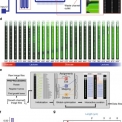
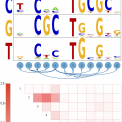
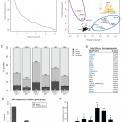
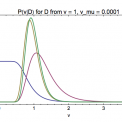
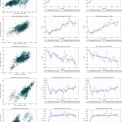
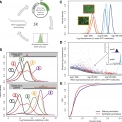




Comments and Reactions
No comments yet. Why don't you write one?